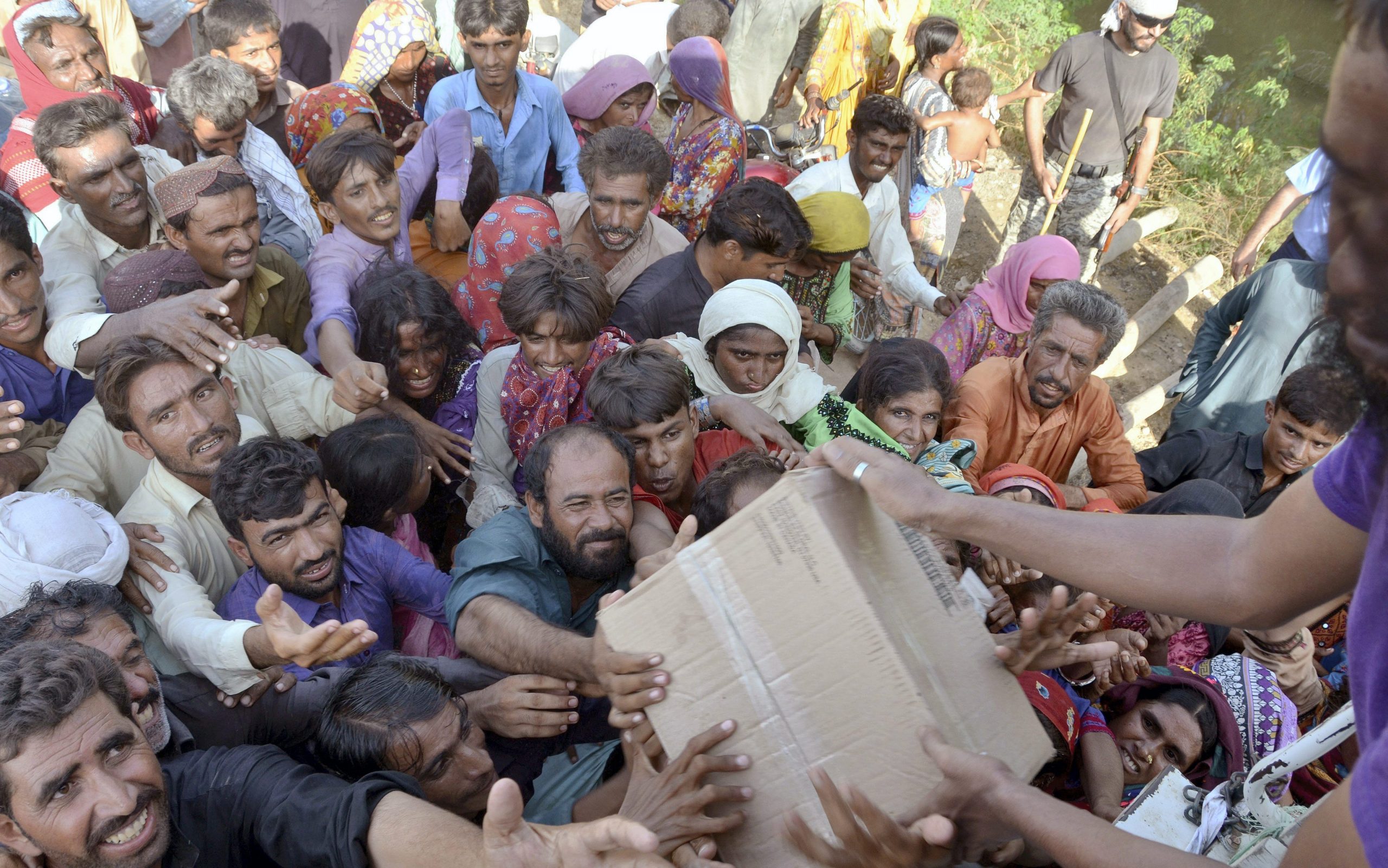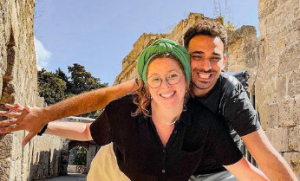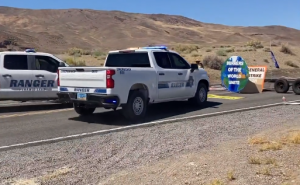More than 1,500 people died in the floods that hit Pakistan earlier this year, official numbers say. The south Asian nation, already in trouble over mounting debt and political instability, suffered as nearly a third of its landmass went under water. Pakistan Prime Minister Shehbaz Sharif wants the world to take note. For he says, climate change will not spare other countries.
Sharif, 71, recently took charge of Pakistan after the Opposition ousted Imran Khan’s government. At the United Nations General Assembly, the Pakistan Prime Minister spoke on climate change and said the time to act is now. “One thing is very clear, what happened in Pakistan will not stay in Pakistan,” Shehbaz Sharif said, taking from the American ad idiom: What happens in Vegas, stays in Vegas.
Also Read | Humans losing sleep over global warming, finds study
The leader of the Islamic Republic said, “For 40 days and 40 nights, a biblical flood poured down, smashing centuries of weather records, challenging everything we knew about disaster and how to manage it.” Talking of his country right now, which is ‘submerged in an ocean of human suffering,’ Sharif says, “In this ground zero of climate change, 33 million people, including women and children are at high risk from health hazards.”
UNICEF says 3.4 million children are in urgent need of lifesaving support as the floods have left them vulnerable to water-borne diseases, including malaria and dengue.
Also Read | Sydney submerged: Over 50,000 people asked to evacuate | In Pics
“The undeniable and inconvenient truth is that this calamity has not been triggered by anything we have done,” Sharif, the leader of a nation whose country contributes less than 1% of Earth’s warming gases, said. Pakistan is the eighth-most vulnerable nation to climate change, according to the Global Climate Risk Index.
A million homes have been destroyed and another million damaged, Sharif told the UNGA, adding that four million acres of crops have washed away and a million farm animals have been killed. Sharif said he remains committed to rebuilding Pakistan but seeks to warn other nations to focus on the future.
Also Read | Why Mount Everest’s base camp in Nepal might be relocated
“It’s high time we took a pause from the preoccupations of the 20th century to return to the challenges of the 21st century,” Sharif said, adding: “The entire definition of national security has changed today. And unless the leaders of the world come together to act and act now on an agreed common agenda, there will be no earth to fight wars over.”







